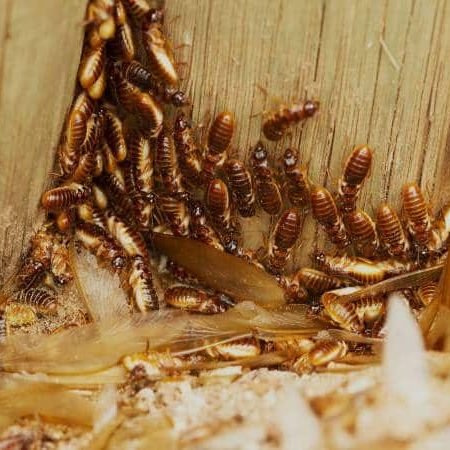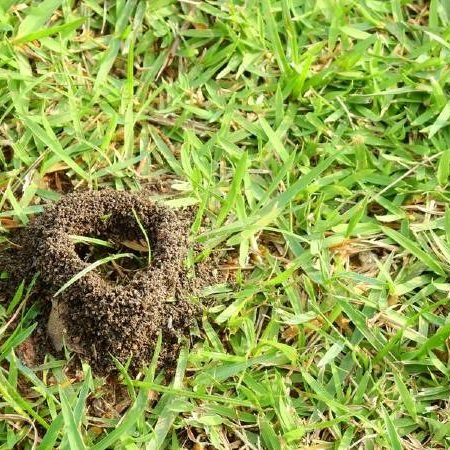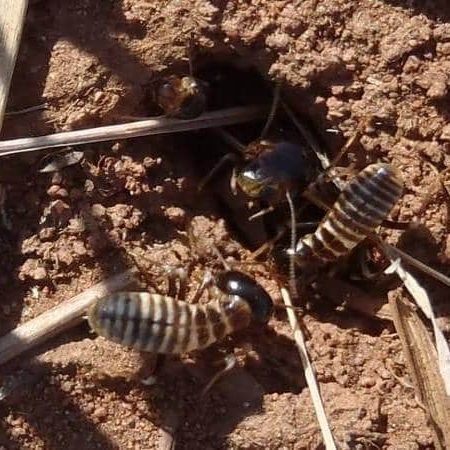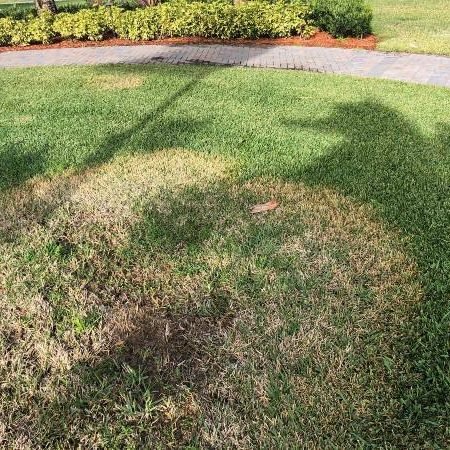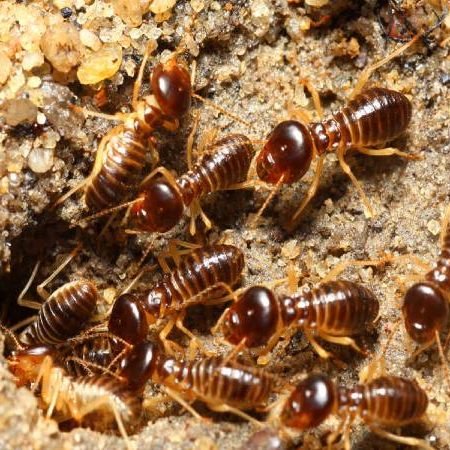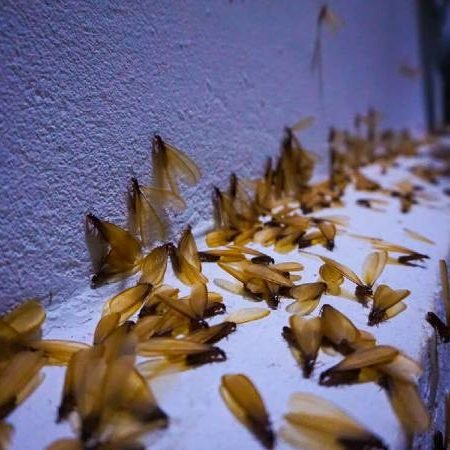Harvester Termites
What is a Harvester termite?
Harvester termites are commonly found outside since they feed on dead and living plant materials such as grass, leaves, twigs, and seedlings. Due to the nature of these termites, rapid destruction of lawns, gardens and vegetation is possible in a short space of time. A nest can contain multiple queens, each capable of laying up to 2000 eggs per day and are prevalent in Johannesburg and the Gauteng region.
The Harvester termites live in large colonies which are interconnected by a series of advanced tunnels burrowed in the ground. Their behaviour usually goes unnoticed until the colony has grown large enough for distinguishing signs to appear that an infestation has taken over your garden.
Although the damage caused by Harvester termites is nowhere near as destructive to property as the Subterranean termite, they can still cause adequate and unsightly damage to lawns and gardens. Left untreated, Harvester termites will eat their way through an entire garden, breading constantly along the way while continually growing in numbers.

Harvester termite pictures
What do Harvester termites
look like?
Harvester termites are a distinct yellow to dark brown colour which is different from their subterranean cousins which are typically lighter, creamy white in colour. Although Harvester termites are soft bodied, they are sclerotized which basically means their skin is harder and more robust.
Due to being more rigid, they can be a little harder to exterminate as they have become more resilient to the termiticides used in treating common infestations in wood. As a result, a specific treatment needs to be prepared to tackle harvester infestations.

See also Subterranean Termites, White Ants
What are the signs of
Harvester termites?
You should pay close attention to some of the tell-tale signs that you may have a Harvester termite infestation in Johannesburg and take appropriate prevention measures to ensure the issue doesn’t become a bigger problem.
Summer and winter - Patchy or dead grass
All year - Lose soil / mounds
Early spring - Flying termites
How do you kill a Harvester termite?
Although there are many off the shelf products that claim to be able to kill harvester termites, its worth noting that what seems to be a small problem could actually be much worse. Since these termites breed quickly, and in large numbers, understanding the behaviour of the termites is key to eradicating them for good.
Prevention is always the best course of action. Harvester termites are attracted to moisture. A leaking air conditioning duct, gutter or outdoor tap could provide a great entry point. They also hate direct sunlight so ensure your garden is maintained regularly and inspect trees for eroding bark.
Any pest control chemicals should be carefully considered. A professional pest controller will know which combination of pesticides to use that will ensure no damage to your lawn, flowers, or shrubs nearby. Using the wrong techniques could result in a permanent browning of your grass.
Trust TERMICON Pest Control
Give us a call today on 087 551 0558
Contact us
![]()
